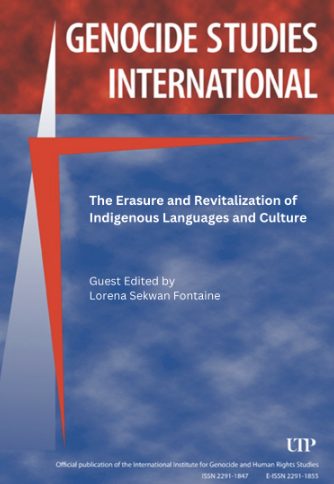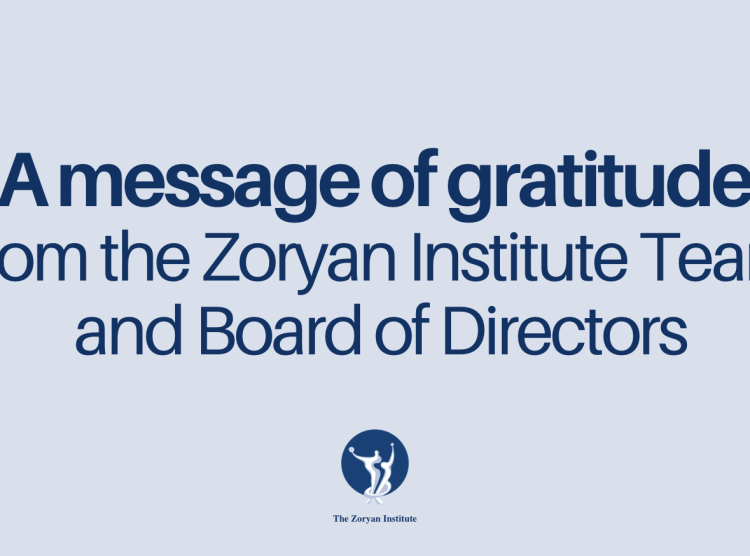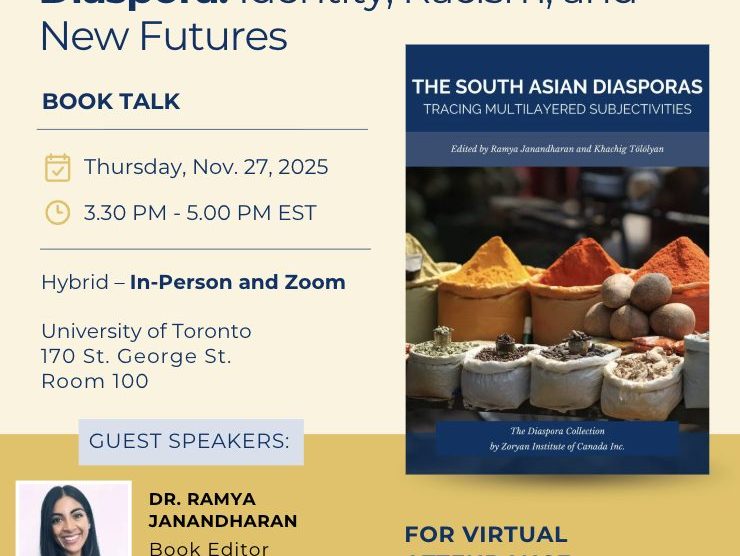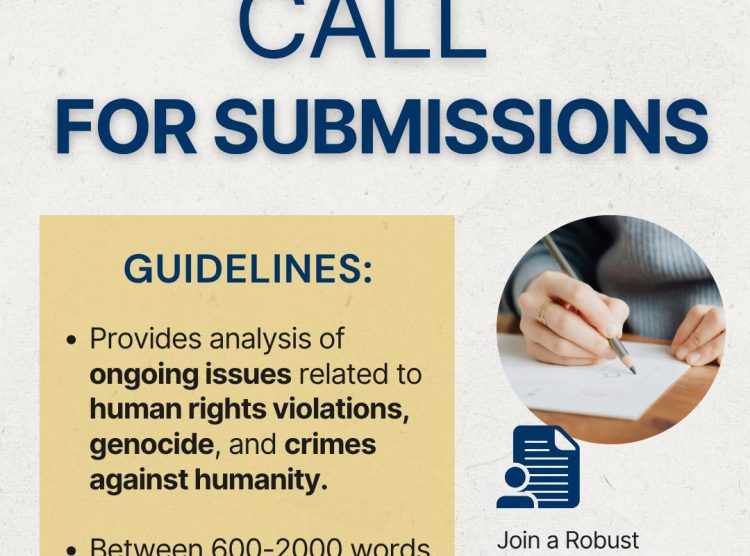TORONTO, ON, September 30, 2025 — Today marks the National Day for Truth and Reconciliation, a day of remembrance to recognize the atrocities and multi-generational effects of the Canadian residential school system. The Zoryan Institute, as a human rights organization, honours the resilience of Indigenous communities who have used language as a shield to preserve their self-determination and cultural identity in the face of this calamitous history.
In a global context where the recognition of historically marginalized peoples is becoming increasingly urgent, most recently illustrated by Canada’s recognition of Palestinian statehood after over 70 years of denial of their existence, identity, and self-determination by global powers, we are reminded of the ongoing struggle against colonialism. As we reckon with legacies of dispossession, denial, and erasure worldwide, we believe it is essential that Canadians continue to reflect on the lived realities of Indigenous peoples here on Turtle Island. These are communities whose nationhood and rights have been historically acknowledged through treaties, yet violently disregarded in practice.
In the spirit of this ongoing reckoning, the Institute announces the publication of the latest issue of its peer-reviewed journal, Genocide Studies International (GSI), Volume 16, Number 2, titled The Erasure and Revitalization of Indigenous Cultures and Languages.
This special issue is edited by Dr. Lorena Fontaine (University of Manitoba), an Anishnaabe-Cree and member of the Sagkeeng First Nation in Manitoba, Canada. The issue brings together different scholars who share stories and ideas about Indigenous languages, particularly about how these languages have been threatened by colonial violence and unfair treatment, but also how they have been important tools for Indigenous survival. Collectively, the articles explain how reviving these languages is part of a larger movement where Indigenous peoples are working to reclaim control over their own lives, lands, and futures.
Canada, as a settler-colonial regime, has a long history of enacting policies that contributed to the deliberate erasure of Indigenous languages. Scholars have identified this process as “linguicide”, or the killing of language, which occurs when a language is not allowed to be spoken, taught, or passed down.
Dr. Fontaine expands on this in the issue’s introduction, alongside Dr. Adam Mueller, writing that “More than ways of communicating, Indigenous languages encode unique, distinct worldviews, spiritual understandings, eco-logical knowledge, laws, and intergenerational wisdom. As a vital marker of cultural identity … language is targeted by settler-colonial regimes.”
In a recent interview with the Zoryan Institute, now available to view on YouTube, Dr. Fontaine took some time to elaborate on this concept, particularly in how colonial powers in Canada banned Indigenous languages through the residential school system. Dr. Fontaine shared the following:
“ [Linguicide] disrupts the intergenerational transmission of knowledge. Our parents raise us, but it’s our elders and grandparents who teach us. My grandparents were trappers, so they hunted and fished … Everything they did in order to feed my family revolved around the land, but I didn’t learn about that way of life because of the language barrier.”
On this day, the Institute affirms that recognition must lead to responsibility: to protecting and supporting the knowledge systems that colonialism has tried to erase. This special issue of Genocide Studies International is part of that effort, serving as an educational tool to help readers better understand Indigenous realities by centring Indigenous voices and understanding that language carries culture, identity, and memory.
To watch Dr. Fontaine’s full interview with the Institute and other educational clips with leading scholars in the field of genocide studies, please visit our website at https://zoryaninstitute.org/educational-video-clips/ or visit our YouTube channel @Zi E-chronicles.
The full special issue of Genocide Studies International is published by the University of Toronto Press and is available online through your academic institution. For more information on this issue, please visit https://utppublishing.com/journal/gsi.






